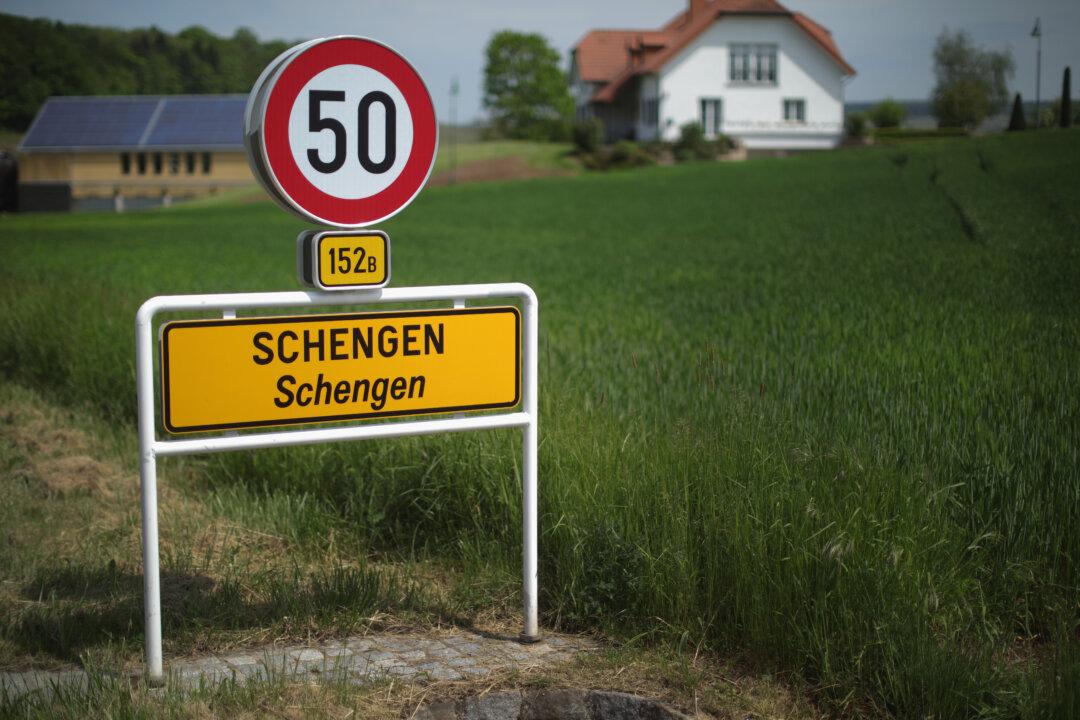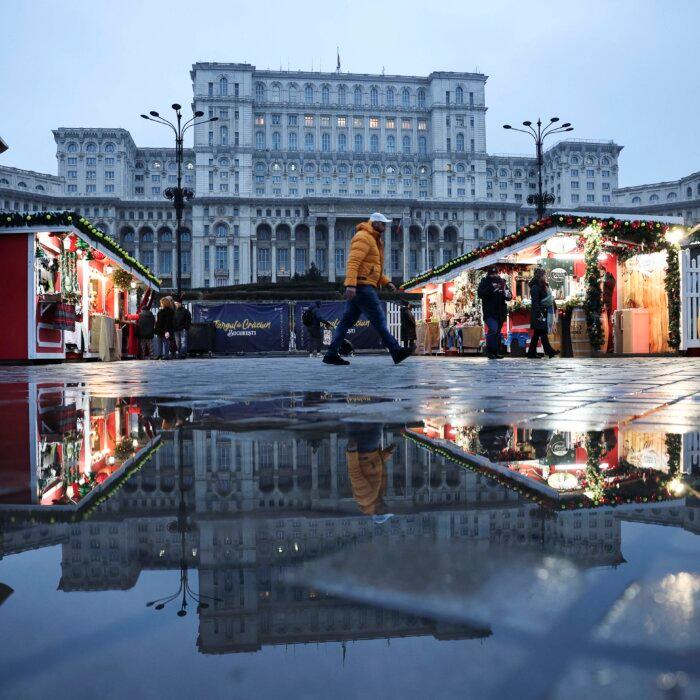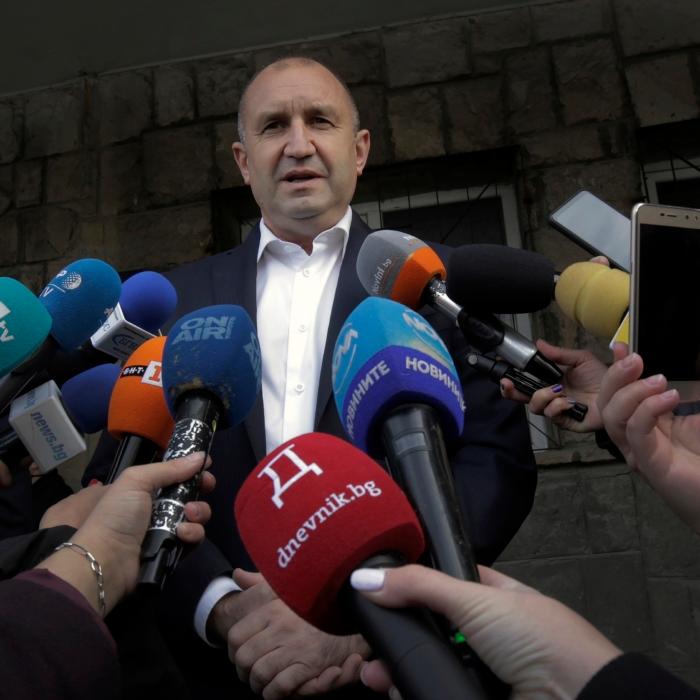Romania and Bulgaria are set to become full members of Europe’s Schengen travel area, after Austria dropped its veto on their ascension.
Vienna’s interior ministry confirmed the country had acquiesced on Dec. 9, paving the way for European Union interior ministers to approve the move at a meeting on Dec. 12.
The two countries will formally join on New Year’s Day 2025.
Romania and Bulgaria, both EU and NATO members, partially joined Schengen in March after an agreement with Austria, which had opposed the nations’ entrance, saying they needed to do more to stop illegal immigration.
Up until now, air and maritime checks between the two nations and the other countries in the travel zone were lifted, but negotiations with Austria over land entry continued through the year.
“We can take the next step at the EU (Justice and Home Affairs) Council,” Austrian Interior Minister Gerhard Karner said in a statement.
Karner said that Vienna’s demands on tackling illegal immigration had led to a fall in the number of migrants intercepted near the border with Hungary, the most common illicit entry route into Austria.
“Without this veto this massive reduction in illegal border crossings would not have happened,” he said, citing a figure of 70,000 interceptions in 2023 up to October, compared with 4,000 during the same period this year.
Land border checks will end starting on Jan. 1, 2025.
Romanian Prime Minister Marcel Ciolacu said the decision is a “major benefit” to his country’s economy and enables “faster journeys home for the millions of Romanians” living across the continent.
Romanian President Klaus Iohannis called it a “natural and necessary step” that will significantly reduce wait times at borders, lower logistical costs for businesses, and raise attractiveness to foreign investors.
“Schengen membership has been a strategic objective for our country,” he said in a statement. “Over time, there have been numerous obstacles, despite Romania’s technical readiness to meet Schengen standards for many years.”
He added that Romania would “continue to act responsibly to protect and strengthen the EU’s external borders” to manage illegal migration.
Bulgaria’s foreign ministry labeled the move a “historic decision” that marked the end of EU integration for both countries.
“Fully in Schengen—where you belong,” Ursula von der Leyen, the president of the European Commission said on X, with Roberta Metsola, the president of the European Parliament, taking to the platform to add, “A stronger Schengen signifies a safer and more united Europe.”
Schengen is the largest area in the world without internal border controls, where more than 400 million people can travel freely inside the zone, with around 3.5 million people crossing an internal border within the area each day.
Before Bulgaria and Romania’s partial admission, it was composed of 23 of the 27 EU member countries, along with Switzerland, Norway, Iceland, and Liechtenstein.
The area takes its name from the Luxembourgian village of Schengen where the borders of France, Germany, and Luxembourg meet, and the treaty establishing the zone was signed in 1985.
The only EU states that will not be part of the free travel zone as of Jan. 1, 2025, are Ireland and Cyprus; however, Nicosia has committed to joining the area eventually.
Dublin by contrast currently has no plans to join as membership in the area would complicate relations with the UK, with which Ireland shares a common travel area. Even pre-Brexit, London had opted out of Schengen.







